


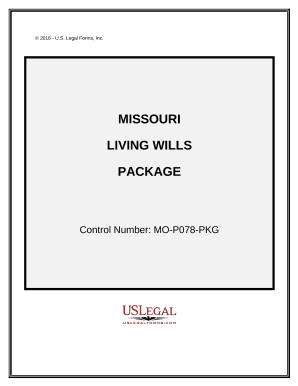


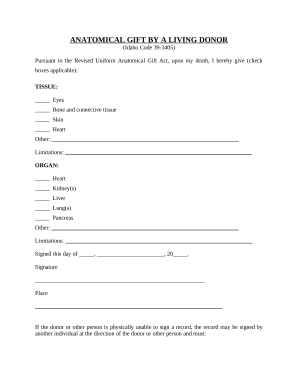
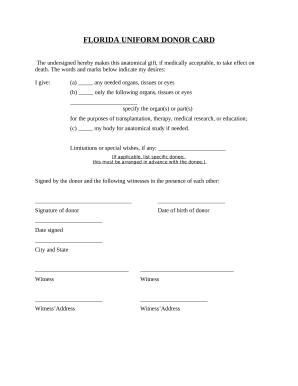
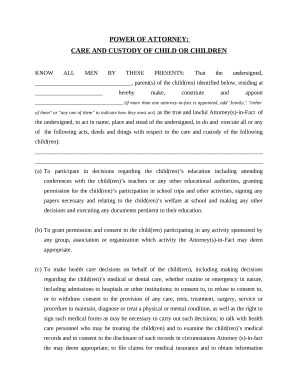


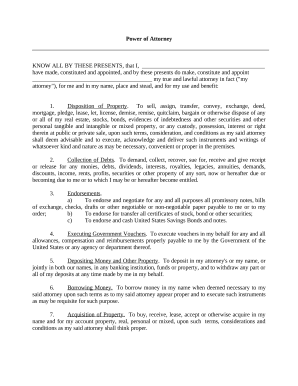
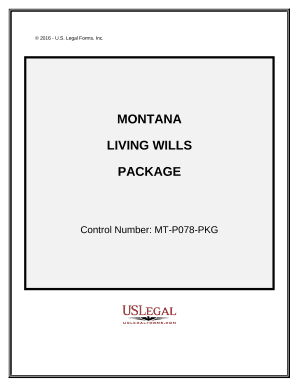
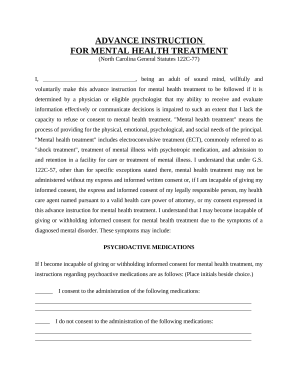

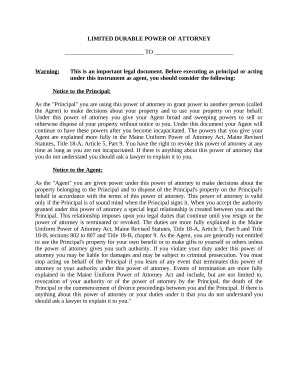
Accelerate your document administration using our Living Wills Legal Forms library with ready-made form templates that suit your requirements. Access your form template, change it, complete it, and share it with your contributors without breaking a sweat. Begin working more efficiently with the forms.
The best way to use our Living Wills Legal Forms:
Examine all the possibilities for your online file management using our Living Wills Legal Forms. Get your free free DocHub profile right now!